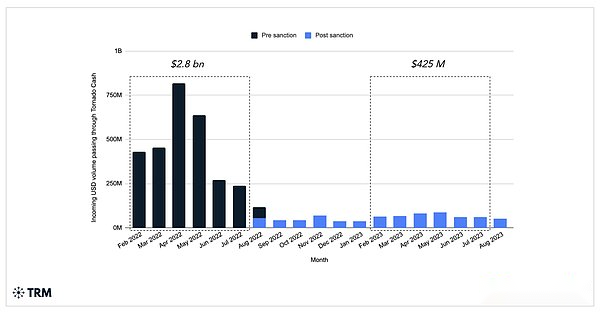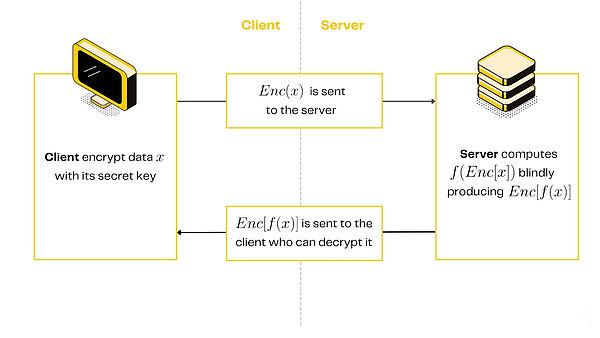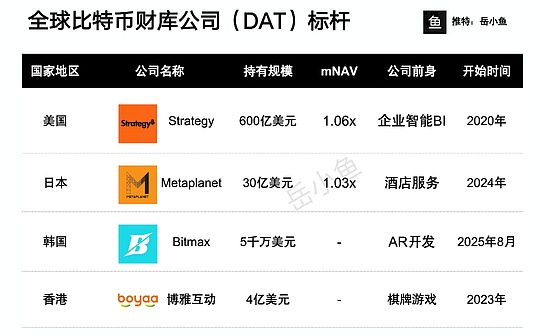
Author:Paul Veradittakit, Managing Partner of Pantera Capital; Compiled by: Shaw Bitcoin Vision
Since the birth of Bitcoin, the philosophy of the blockchain industry has been centered on transparency as an immutable ledger open to everyone; building trust through verification rather than institutional reputation.This transparency enables decentralized systems to maintain integrity and accountability.
But as blockchain technology matures and its application scope expands, transparency alone is no longer enough.A new reality is taking shape:Privacy is critical to mainstream adoption, and demand is accelerating at cultural, institutional and technical levels.Pantera has believed in this philosophy since its inception and invested in Zcash as early as 2015, which at the time was one of the first projects to attempt to introduce privacy into immutable ledgers.
We think,We are entering a privacy renaissance that blends the ideas of open blockchain with the practical needs of global finance.This opportunity also provides an excellent background for privacy protocols built on the basic principle of confidentiality, such as Zama, which is about to be launched on the main network.Zama’s Fully Homomorphic Encryption (FHE) technology is the absolute bulwark necessary for the world’s mainstream applications and against the threats of quantum computing in the years to come.Blockchain application is an application field of Zama’s FHE encryption technology. In the future, it can also be explored in other vertical fields such as artificial intelligence (Zama Concrete) and cloud computing.
Another company with a similar style is Starkware, which invented zk-STARKs and Validium, a hybrid approach that takes into account blockchain privacy and scalability.Starkware’s encryption technology is also resistant to quantum attacks and is focused on blockchain application scenarios, especially after the launch of its latest S-Two prover.
Cultural shift: from surveillance fatigue to digital sovereignty
The world’s understanding of data has changed dramatically.Years of mass surveillance, algorithmic tracking, and data breaches have made privacy one of the most important cultural themes of the past decade.Users are now aware that metadata, not just messages or transaction records, can also reveal private information such as identity, wealth, location and relationships.Privacy combined with user ownership of personal sensitive data has become the new normal.Pantera is optimistic about this trend and has invested in companies such as Zama, Starkware, Transcrypts and World.
As the public becomes more aware of privacy, blockchain cannot ignore the fact that digital currencies must have secrecy rather than continuous transparency.In this environment, privacy is no longer a niche preference but part of a push toward broader digital sovereignty.
Institutional transformation: Transparency without privacy cannot be achieved at scale
Institutions are gradually entering the blockchain ecosystem.Banks, remittance platforms, payment processors, enterprises and fintech companies are running pilot projects and preparing for real transaction volumes in tokenized assets, cross-border settlements and multi-jurisdictional payment channels.
However, these institutions cannot operate on a fully transparent public ledger.Corporate cash flow, supplier network, foreign exchange risk exposure, contract terms and customer transactions cannot be disclosed to competitors or the public.Businesses need confidentiality and the option to be open and transparent, rather than full disclosure.
It was early pioneers like Zcash that laid the foundation.When Pantera invested in Zcash in 2015, we realized very early on thatPrivacy is not just an ideological preference, it is a necessity for real economic activity.The key insight of Zcash is that privacy cannot be tacked on to the system after the fact, especially when using zero-knowledge technology.It must be integrated into the core protocol; otherwise, the system becomes too complex, fragile, or inefficient.
Launched as a fork of Bitcoin in 2016, Zcash introduced zero-knowledge proof zk-SNARKs technology, allowing users to hide transaction details while maintaining full verifiability.Tornado Cash also represents an important chapter in the history of on-chain privacy development.The protocol has seen a significant increase in user activity as people look for ways to break the link between public chain transactions.

Tornado Cash user activity (Source: TRM Labs)
However, its overly strong stance on privacy protections and lack of selective disclosure mechanisms ultimately led to high-profile legal action against it by government authorities, forcing the project to be effectively suspended despite being autonomous code.This result highlights a key lesson:Privacy cannot come at the expense of auditability or pathways to compliance.This is exactly why technology like Zama’s fully homomorphic encryption is so important.Fully homomorphic encryption is able to perform computations on encrypted data while retaining the functionality of verification and selective disclosure of information, a feature that mixers like Tornado Cash were never designed to provide.
To understand the importance of fully homomorphic encryption, it is necessary to evaluate the resources and current status of technology giants including Apple and Microsoft in building fully homomorphic encryption frameworks.Their investment in this area demonstrates a clear consensus:Scalable, compliant end-to-end encryption is the future of digital privacy for consumers and institutions.
Privacy protection is accelerating
The data reflects this shift.Privacy-focused cryptoassets have received a lot of attention from users and investors.But the real shift is not driven by retail speculation, but by application scenarios where privacy and transparency must coexist:
-
Cross-border payments increasingly rely on blockchain, but companies and banks cannot disclose every payment path.
-
Tokenized real-world assets (RWA) require the confidentiality of holdings and investor identities.
-
Global supply chain finance requires both parties to the transaction to verify events (shipping, invoicing, settlement) without revealing commercial secrets.
-
Enterprise-level transaction channels require a model in which auditors and regulators can see relevant information, but the public cannot.
At the same time, retail investors are increasingly uncomfortable with over-monitored supply chains, where the DAG graph of transactions can be easily reconstructed with simple tools.Privacy is increasingly becoming a fundamental consumer expectation for digital currencies.
In short, the market is rallying around a simple fact:Blockchains that fail to provide confidentiality will have structural limitations on institutional adoption.
Canton, Zama, Starkware and the new privacy architecture
As the privacy renaissance unfolds, a new generation of protocols is emerging to meet the needs of institutions.
Blockchains like Canton highlight the growing need among enterprises to execute private transactions on a shared settlement layer.These systems allow participants to conduct private transactions while enjoying synchronized global state and shared infrastructure.The emergence of Canton is a strong indication that enterprises want to reap the advantages of blockchain without publicly trading.
However, the most transformative leap in privacy computing may come from Zama, which occupies a distinct and more scalable position in the privacy technology stack.
Zama pioneered the use of fully homomorphic encryption technology to build a confidentiality layer to realize the calculation of encrypted data.This allows the entire smart contract (including inputs, state, and outputs) to remain encrypted while still being verifiable on the public blockchain.Unlike L1 networks that prioritize privacy, Zama operates across existing ecosystems and is especially suitable for EVMs.This means developers and institutions do not need to adopt a new blockchain, and they can implement privacy protection within their existing development environment.

Private smart contract using FHE (Source: Zama)
Zama’s architecture represents the next stage of blockchain privacy: it not only hides transactions, but also enables private smart contracts at scale.This unlocks new types of applications (private DeFi, encrypted order books, confidential RWA issuance, institutional-grade settlement processes and clearing, and secure multi-party business logic), all without sacrificing decentralization.Some of these applications will soon be available.
Privacy assets are receiving increasing attention.Agencies are actively evaluating confidentiality levels.Developers hope to implement privacy-preserving computing without increasing the latency or complexity of off-chain systems.Regulators are also beginning to develop frameworks to distinguish between legitimate tools of secrecy and illegal means of obfuscation.
Looking to the future
The issue of privacy in blockchain is no longer a debate between transparency and privacy, but a growing realization that both are indispensable for the next era of DeFi.The convergence of cultural attitudes, institutional needs and cryptographic breakthroughs is reshaping the direction of blockchain development in the next decade.
Zcash proves the need for privacy at the protocol level.Protocols like Canton illustrate the institutional need for private access.The infrastructure Zama is building can unify these needs into a common, scalable privacy layer across chains.
Pantera’s early investment in Zcash stemmed from a simple belief: privacy cannot be ignored.Nearly a decade later, the importance of this concept has not diminished.From tokenized assets to cross-border payments to corporate settlement,The next wave of blockchain applications depends on ensuring that blockchains operate securely, seamlessly and privately.
As privacy becomes a key theme in this market cycle, the ability to provide practical, scalable and compliant privacy protocols will shape the future market landscape.Among them, Zama will stand out as one of the most promising and timely leaders in the privacy super cycle.







